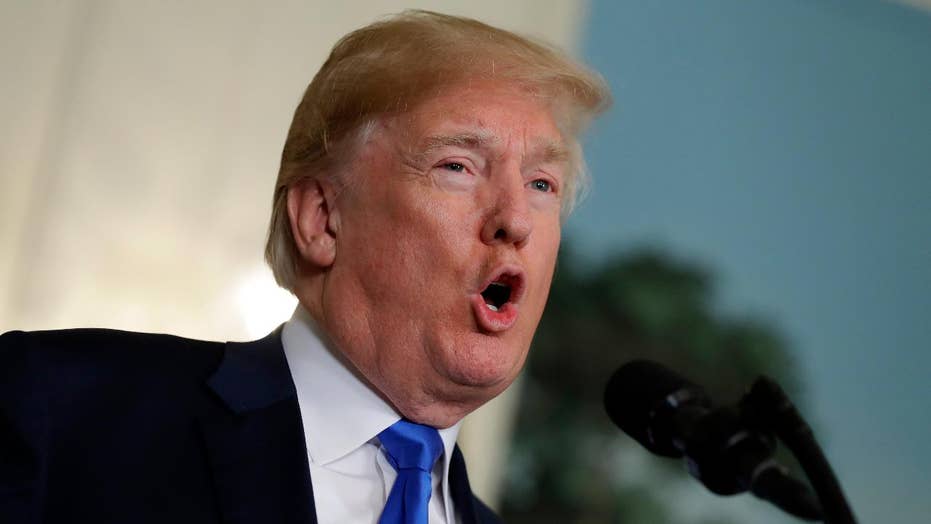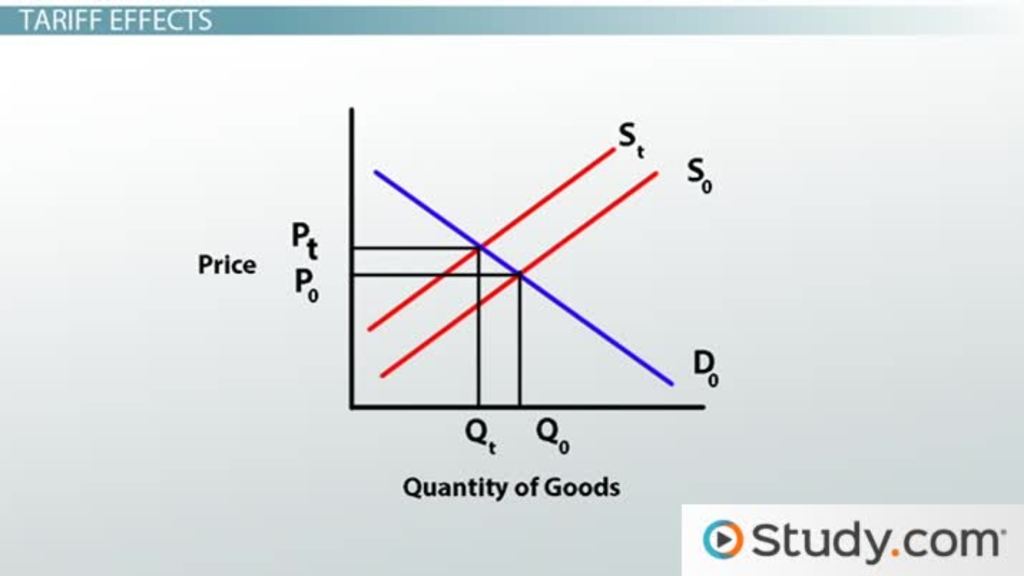Dealers Intensify Fight Against EV Sales Mandates

Table of Contents
Economic Concerns Fuel Dealer Resistance
Dealers are voicing strong concerns about the economic viability of meeting the aggressive targets set by EV sales mandates. The financial burdens imposed are significant and pose a considerable threat to the survival of many dealerships, particularly smaller, independent businesses.
High upfront costs and infrastructure challenges:
Dealerships face substantial capital expenditures to adapt to the EV market. Upgrading infrastructure for EV sales requires significant investments.
- High cost of EV charging station installation: Installing the necessary charging infrastructure is expensive, requiring specialized equipment and potentially significant electrical upgrades.
- Need for specialized EV mechanic training: EVs require specialized maintenance and repair, necessitating costly training programs for mechanics.
- Lack of government support for infrastructure upgrades: Many dealers complain about insufficient government support and incentives to offset the costs of infrastructure upgrades.
The financial burden is particularly heavy on smaller dealerships, which may lack the resources to meet these demands, potentially leading to business closures and a consolidation of the dealer network. This could limit consumer choice and stifle competition in the market.
Consumer demand and market readiness:
Dealers argue that current consumer demand for EVs doesn't align with the ambitious targets set by the mandates. This mismatch creates risks of significant overstock and subsequent financial losses.
- Limited consumer awareness of EV benefits: Many consumers remain unaware of the full benefits of EVs or hesitant to make the switch due to concerns about range, charging infrastructure, and cost.
- High price point of EVs: The relatively high purchase price of EVs compared to gasoline-powered vehicles remains a significant barrier for many consumers.
- Range anxiety concerns: The limited range of some EVs and the lack of widespread charging infrastructure contribute to "range anxiety," deterring potential buyers.
- Lack of sufficient charging infrastructure: The inadequate public charging network makes EV ownership less appealing for many consumers, particularly those living in rural areas or without home charging capabilities.
This disparity between mandated sales targets and actual market demand highlights a fundamental flaw in the current approach to EV adoption. A more gradual and market-driven transition would likely be more effective and less disruptive to the automotive industry.
Logistical Hurdles and Practical Challenges
Beyond the economic concerns, dealers face numerous logistical and operational hurdles in adapting to the EV sales mandates.
Inventory management and supply chain disruptions:
Managing EV inventory presents unique challenges, exacerbated by ongoing supply chain disruptions.
- Difficulties in securing EV inventory: Dealerships often face difficulties securing sufficient EV inventory from manufacturers due to production bottlenecks and component shortages.
- Unpredictable delivery times: Supply chain disruptions lead to unpredictable delivery times, making it difficult for dealers to accurately forecast inventory needs and meet customer demand.
- Challenges in forecasting demand: The unpredictable nature of consumer demand for EVs makes accurate forecasting difficult, increasing the risk of overstocking or stockouts.
These issues contribute significantly to dealer frustration and financial instability, further complicating their efforts to comply with the mandates.
Training and workforce development:
The transition to EVs necessitates significant investments in training and workforce development.
- Need for specialized EV mechanic training: Maintaining and repairing EVs requires specialized knowledge and skills, necessitating costly training programs for existing mechanics.
- Software training for sales staff: Sales staff require training on new technologies and sales processes related to EVs.
- Investment in new tools and equipment: Dealerships must invest in new tools and equipment to service and repair EVs.
A shortage of skilled EV technicians and the time required to upskill existing staff represent considerable challenges, potentially delaying service and repair times and impacting customer satisfaction.
The Political Landscape and Lobbying Efforts
Faced with these challenges, auto dealers are actively engaging in political and legal battles to oppose or modify the mandates.
State-level resistance and legal challenges:
Dealers are employing various strategies to influence policy and challenge the mandates at the state level.
- Formation of dealer advocacy groups: Dealer associations are forming coalitions to lobby state legislatures and advocate for changes to the mandates.
- Lawsuits against government mandates: Dealers are filing lawsuits challenging the legality and fairness of the mandates.
- Lobbying efforts to amend legislation: Dealers are actively lobbying to amend existing legislation and introduce new legislation that addresses their concerns.
These efforts highlight the intensity of dealer opposition and their determination to influence the policy landscape.
Federal policy implications and long-term effects:
The outcome of these state-level battles will have significant implications for federal policy and the long-term trajectory of EV adoption.
- Potential for federal government intervention: The federal government may intervene to establish national standards or provide additional support for EV adoption.
- Impact on future EV sales targets: The outcome of these battles could influence future EV sales targets, either making them more or less stringent.
- Long-term implications for the automotive industry: The resolution of this conflict will have long-term effects on the structure and competitiveness of the automotive industry.
The broader implications of this fight extend beyond the immediate concerns of auto dealers, affecting national EV policy, consumer choice, and the overall pace of the transition to a sustainable automotive sector.
Conclusion
The fight against EV sales mandates is a complex and evolving situation. Auto dealers are articulating legitimate concerns regarding the economic feasibility and logistical challenges associated with rapid EV adoption. Addressing these concerns requires a pragmatic approach that involves realistic targets, increased government support for infrastructure development, and a more comprehensive strategy ensuring a smooth transition to a sustainable automotive future. Ignoring these concerns risks not only harming businesses but also ultimately hindering the progress of EV adoption itself. To stay abreast of the latest developments in this crucial issue, continue to monitor updates on the evolving battle against EV sales mandates and their profound impact on the automotive industry. Finding the right balance between promoting environmentally friendly vehicles and preserving the economic viability of the automotive dealer network is paramount.

Featured Posts
-
 Rising Costs Prompt Lynas Rare Earths To Seek Us Funding For Texas Plant
Apr 29, 2025
Rising Costs Prompt Lynas Rare Earths To Seek Us Funding For Texas Plant
Apr 29, 2025 -
 Assessing The Impact Of Trumps China Tariffs On The Us Economy
Apr 29, 2025
Assessing The Impact Of Trumps China Tariffs On The Us Economy
Apr 29, 2025 -
 Ai Powered Podcast Creation Analyzing Repetitive Scatological Documents
Apr 29, 2025
Ai Powered Podcast Creation Analyzing Repetitive Scatological Documents
Apr 29, 2025 -
 Seven Tech Titans A 2 5 Trillion Market Value Plunge In 2024
Apr 29, 2025
Seven Tech Titans A 2 5 Trillion Market Value Plunge In 2024
Apr 29, 2025 -
 Huawei Develops Exclusive Ai Chip To Rival Nvidia
Apr 29, 2025
Huawei Develops Exclusive Ai Chip To Rival Nvidia
Apr 29, 2025
Latest Posts
-
 The Challenges Of Filming Alligators In Floridas Crystal Clear Springs
May 12, 2025
The Challenges Of Filming Alligators In Floridas Crystal Clear Springs
May 12, 2025 -
 Small Businesses Bear The Brunt Examining The Effects Of Trumps Tariffs
May 12, 2025
Small Businesses Bear The Brunt Examining The Effects Of Trumps Tariffs
May 12, 2025 -
 Documenting Floridas Alligator Population A Filming Perspective In Springs
May 12, 2025
Documenting Floridas Alligator Population A Filming Perspective In Springs
May 12, 2025 -
 Exclusive Interview Tom Conrad Sonos Interim Ceo On The Future Of Sound
May 12, 2025
Exclusive Interview Tom Conrad Sonos Interim Ceo On The Future Of Sound
May 12, 2025 -
 The Devastating Impact Of Trumps Tariffs On Small Businesses
May 12, 2025
The Devastating Impact Of Trumps Tariffs On Small Businesses
May 12, 2025
